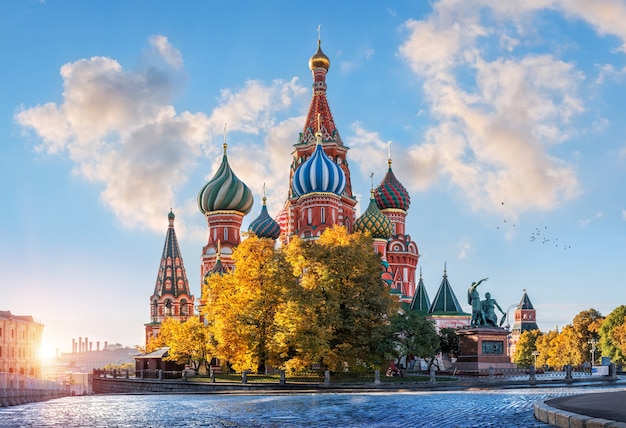The History of Socialism
The History of Socialism
🏛️ The History of Socialism
From Utopian Dreams to Modern Realities
🌍 What We Learned
Socialism is one of the most influential — and debated — political and economic ideologies in modern history. The History of Socialism, from the upheavals of the Industrial Revolution, socialism sought to create a fairer system where wealth and power were shared more equally. Its evolution has shaped revolutions, governments, and policies worldwide.
⚙️ Origins: The Birth of Socialist Thought (Late 18th – Early 19th Century)
The roots of socialism trace back to the late 1700s and early 1800s — a time when industrial capitalism transformed society. Factories grew, cities expanded, and wealth concentrated in the hands of a few, while workers faced long hours and poor conditions.
Philosophers and reformers began questioning this imbalance. Early “utopian socialists,” such as Henri de Saint-Simon, Charles Fourier, and Robert Owen, imagined cooperative societies where production and wealth benefited everyone. Their ideas emphasized morality and community over profit.
📚 Karl Marx and the Rise of Scientific Socialism
The most transformative figure in socialist history was Karl Marx, working with Friedrich Engels. Together, they published The Communist Manifesto in 1848, which called for the workers of the world to unite against capitalist exploitation.
Marx’s theory — often called scientific socialism — argued that all of history is a struggle between social classes. He predicted that capitalism would eventually collapse under its own contradictions, paving the way for a classless, communist society.
Their ideas inspired labor movements and political parties across Europe and beyond, setting the foundation for the 20th century’s revolutionary upheavals.
🏴 The 20th Century: From Revolution to Politics – The History of Socialism
Socialism took many forms as it spread globally.
Russia (1917): The Bolshevik Revolution led by Vladimir Lenin established the first socialist state — the Soviet Union. Under Joseph Stalin, it became an authoritarian system marked by rapid industrialization, but also purges and mass repression.
Europe: Many countries adopted social democracy, a reformist version of socialism that sought to achieve equality through elections, labor rights, and welfare systems rather than revolution.
Asia & Latin America: Nations like China, Cuba, and later Vietnam adopted revolutionary socialism, while others experimented with hybrid systems.
🧭 The Modern Era: Socialism After the Cold War – The History of Socialism
When the Soviet Union collapsed in 1991, many believed socialism had failed. Yet the idea persisted — transformed rather than defeated.
Modern democratic socialist movements, like those in Scandinavia, emphasize universal healthcare, education, and social welfare within capitalist frameworks. Meanwhile, leaders such as Bernie Sanders in the U.S. and Jeremy Corbynin the U.K. revived public debate about socialism’s role in addressing inequality and corporate power.
Today, “socialism” means different things across cultures — from the democratic socialism of Nordic Europe to the one-party systems of China and Cuba.
💬 Criticism and Legacy – The History of Socialism
Socialism has faced sharp criticism for inefficiency, bureaucracy, and human rights abuses under authoritarian regimes. However, its legacy also includes labor protections, the welfare state, and universal social programs adopted even in capitalist nations.
At its heart, socialism continues to ask a moral question: How can society balance freedom and equality, individual ambition and collective good?
🕊️ Our Take
From utopian dreams to political revolutions and welfare reforms, socialism’s history mirrors humanity’s ongoing struggle for fairness and dignity. While its forms have changed, the debate it sparked — between wealth and work, power and justice — remains central to the modern world.
Personal Freedom, Free Speech, Poperty Rights, and individual liberties Usually Wins


